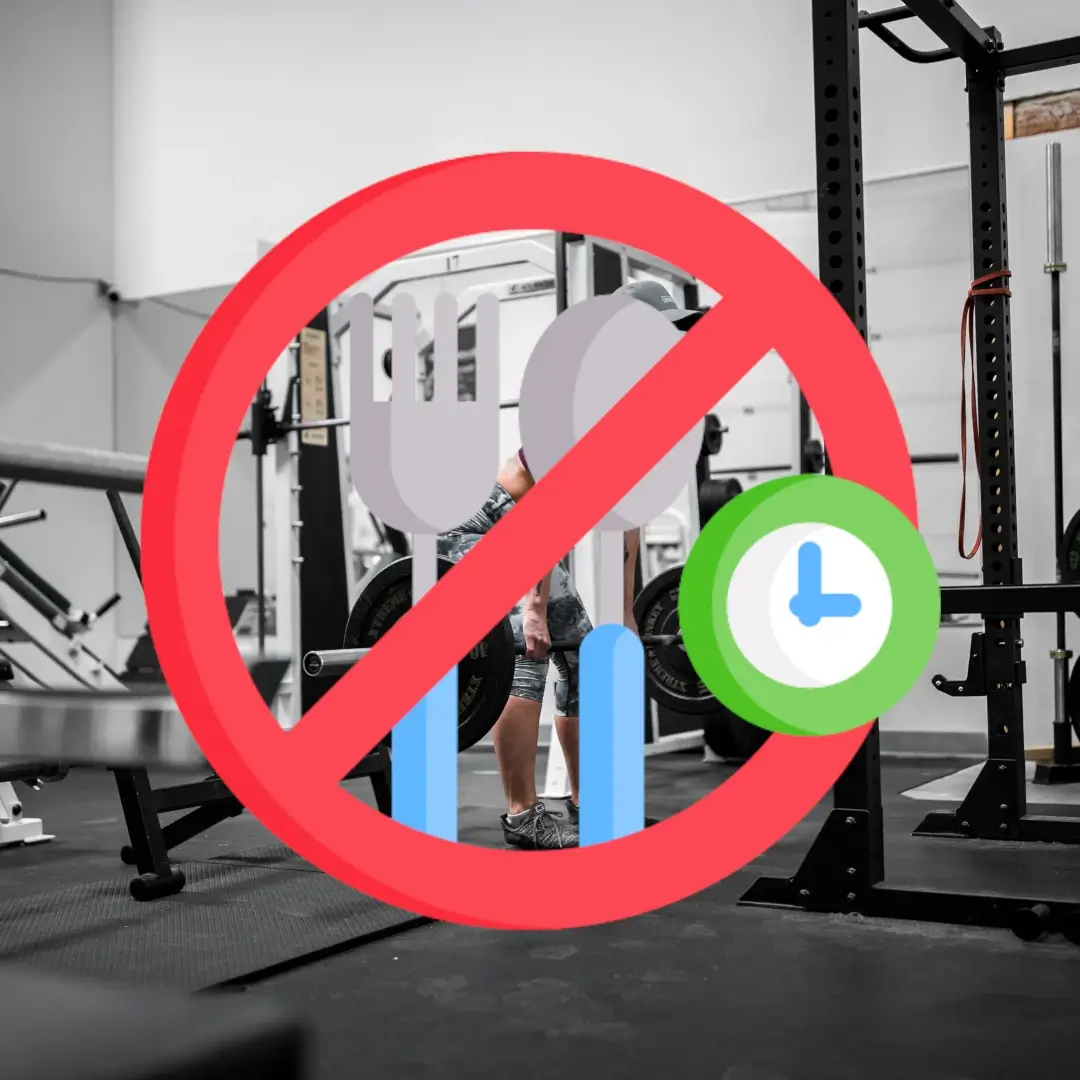Are you wondering whether it’s a good idea to exercise while fasting? You’re not alone! This is a common question among people who are fasting for various reasons, whether it’s for weight loss, health improvement, or religious purposes. In this blog post, we will dive into the topic and explore the connection between fasting and exercise, and their impact on our bodies. Let’s find out if you should work out while fasting!
The Variables of Exercise
When it comes to exercising, there are a few variables to consider, including the type of exercise, intensity, duration, and recovery. These variables play a crucial role in the effectiveness of your workout and how it impacts your body. By optimizing these variables, you can maximize the benefits of your exercise routine and avoid overtraining, which can hinder your progress.
Eating Before Exercise: Is It Necessary?
Many people believe that eating before exercise is necessary to fuel their workouts and provide energy. However, for most individuals, this may not be the case. When it comes to fitness and health improvement, optimizing the intensity, duration, and recovery of your workouts is more important than consuming food before exercising for energy.
The Role of Glycogen and Enzymes
Proper recovery time is crucial for replenishing glycogen reserves, which are essential for energy production during exercise. Additionally, enzymes play a vital role in repairing cell structures and clearing lactic acid from the body. Understanding the importance of glycogen and enzymes can help you make better decisions about when and how to exercise while fasting.
The Endocrine System and Growth Hormone
The endocrine system, particularly growth hormone, is involved in protein growth and repair. Consuming food before exercise can reduce growth hormone production and hinder your ability to burn fat efficiently. On the other hand, fasting can lead to a significant increase in growth hormone production, promoting fat burning and aiding in muscle repair and growth.
Fasting and Insulin Sensitivity
Fasting has been shown to improve insulin sensitivity, which means your body can absorb nutrients more effectively. This is particularly beneficial for individuals following a ketogenic diet, as it enhances muscle growth and nutrient absorption. By increasing carb intake slightly while staying on keto, you can further improve nutrient absorption and promote muscle growth.
Benefits of Aerobic Exercise and Low-Intensity Walking
Engaging in aerobic exercise while fasting can provide numerous benefits. Low-intensity walking, in particular, can aid in recovery, enhance fat burning, and improve overall fitness. It’s a gentle form of exercise that can be incorporated into your fasting routine without putting too much strain on your body.
Maximizing Growth Hormone Production with High-Intensity Compound Resistance Exercise
For those looking to maximize growth hormone production while fasting, high-intensity compound resistance exercises are the way to go. These exercises involve multiple muscle groups and help stimulate the production of growth hormones, promoting muscle growth and repair. Incorporating these exercises into your fasting routine can yield significant benefits.
Conclusion
In conclusion, working out while fasting can have numerous benefits for your overall health and fitness goals. By optimizing the variables of exercise, understanding the role of glycogen and enzymes, and leveraging the effects of fasting on growth hormone production and insulin sensitivity, you can enhance fat burning, promote muscle growth, and improve your exercise performance. Remember to listen to your body and find the right balance that works for you. Happy fasting and happy exercising!
